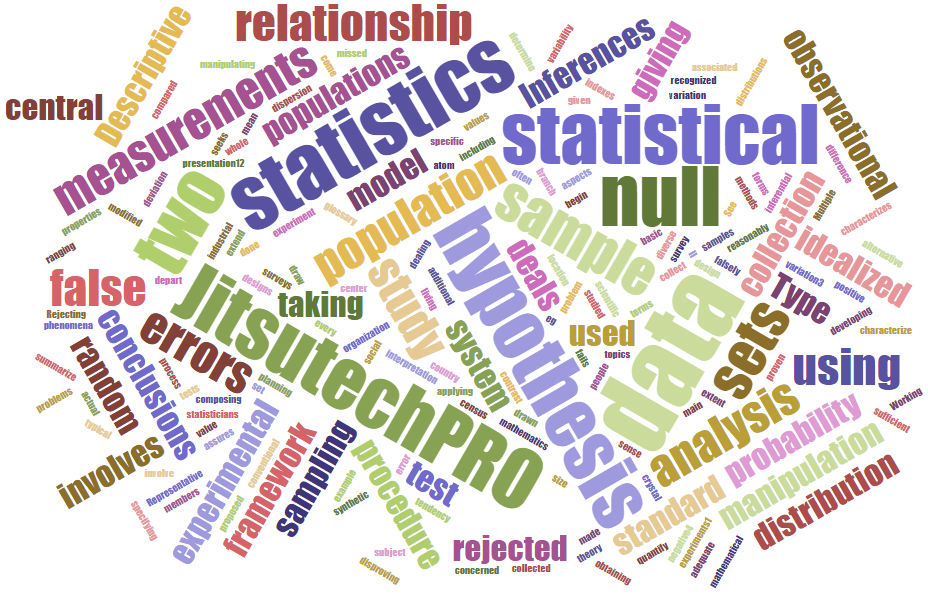Home › Jitsutech University › Tuesday Technology › Understanding Quantitative Survey Research
Tagged: Build a Survey in Minutes | Jitsutech.com, Canadian Hosted Survey Tool | Jitsutech.com, Quantitative Survey Research | Jitsutech.com
-
AuthorPosts
-
December 26, 2018 at 7:58 am #2023
Jitsutech
KeymasterUnderstanding Quantitative Survey Research
In my last blog post, I discussed qualitative research and today I am going to discuss quantitative research benefits as well limitations.
Initially, when we think of quantitative research, we most likely have specific things in mind such as statistical or numerical representations of our data that is collected. Like qualitative research, quantitative research has been used for decades in many industries and has multiple purposes.
Here are a couple of benefits of quantitative research:
Large Sample Size
- Quantitative research methods involve a greater number of subjects and in most cases that is completed by a Simple Random Sample. Also, the large data set allows the researcher to use specific measurements which leads to the creation of sophisticated data analytics.
Personal Bias
- The data set can be manipulated numerically and that can assist in avoiding personal bias. Survey questions are typically asking: What? When? Where? Thus, the data and statistical analysis is precise, measurable and objective.
Here are a couple of limitations of quantitative research:
Generalized Findings
- The context of the study or experiment can be boxed in with question types such as Likert Scale or Semantic Differential. That can lead to less detail on behaviors, attitudes and motivations or opinions.
Difficult to Analyze
- Typically, a large sample size can give us a large enough data set to make some conclusions. However, we must not ignore that some statistical analysis is not everybody’s cup of tea via software like SPSS. The data set can be difficult to manipulate which can take extra resources from organizations who do not have sizeable budgets.

-
AuthorPosts
- You must be logged in to reply to this topic.
